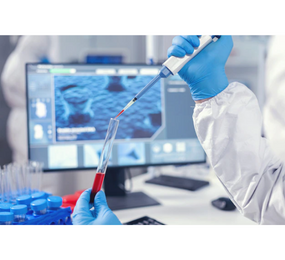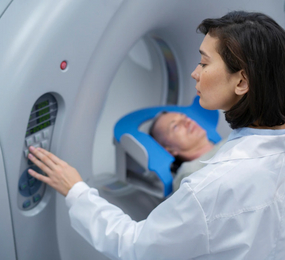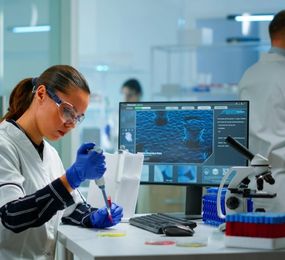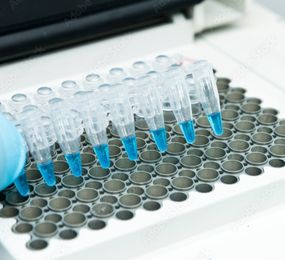Continuous bioprocessing, a revolutionary approach in pharmaceutical manufacturing, is reshaping the industry by streamlining production processes and improving efficiency. This paradigm shift departs from traditional batch processing methods and offers several profound advantages.
One of the key advantages of continuous bioprocessing is its ability to enhance product quality and consistency. Continuous systems allow for real-time monitoring and control, minimizing variations and deviations that can occur in batch processing. This not only improves the quality of pharmaceutical products but also reduces the risk of product loss due to deviations.
Continuous bioprocessing also facilitates flexibility in manufacturing. Traditional batch processes are time-consuming and complex to modify, making it challenging to adapt to changing market demands. Continuous systems, on the other hand, can be adjusted swiftly to accommodate shifts in production requirements.
Another noteworthy impact of continuous bioprocessing is its potential for cost savings. While the initial setup costs may be higher, the long-term benefits include reduced labor requirements, increased production efficiency, and less waste. Additionally, continuous processes often require smaller facilities, saving on infrastructure and operational costs.
The adoption of continuous bioprocessing is on the rise, with the potential to revolutionize pharmaceutical manufacturing. By enhancing product quality, flexibility, and cost-efficiency, it promises to benefit both the industry and, ultimately, patients who rely on high-quality pharmaceuticals.
To register or learn more about the Forum please check here: https://bit.ly/3zxguXW
For more information and group participation, contact us: [email protected]
















